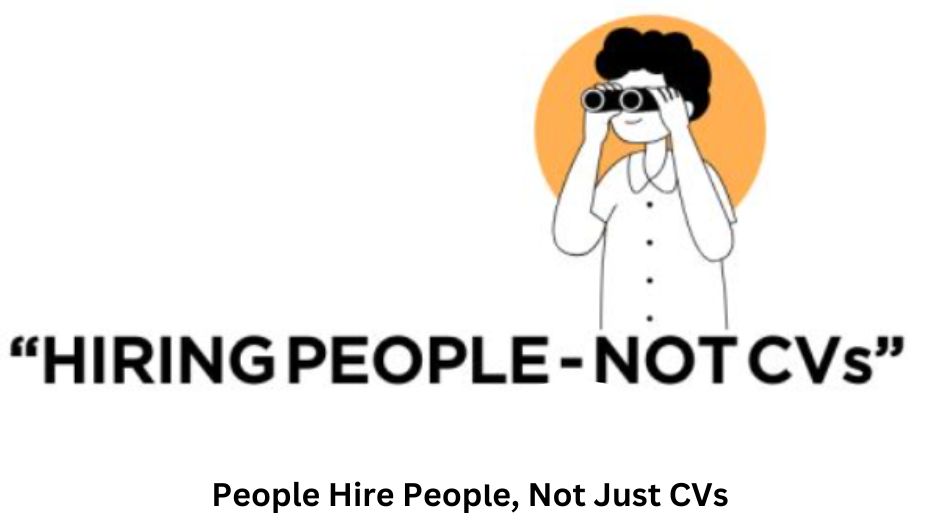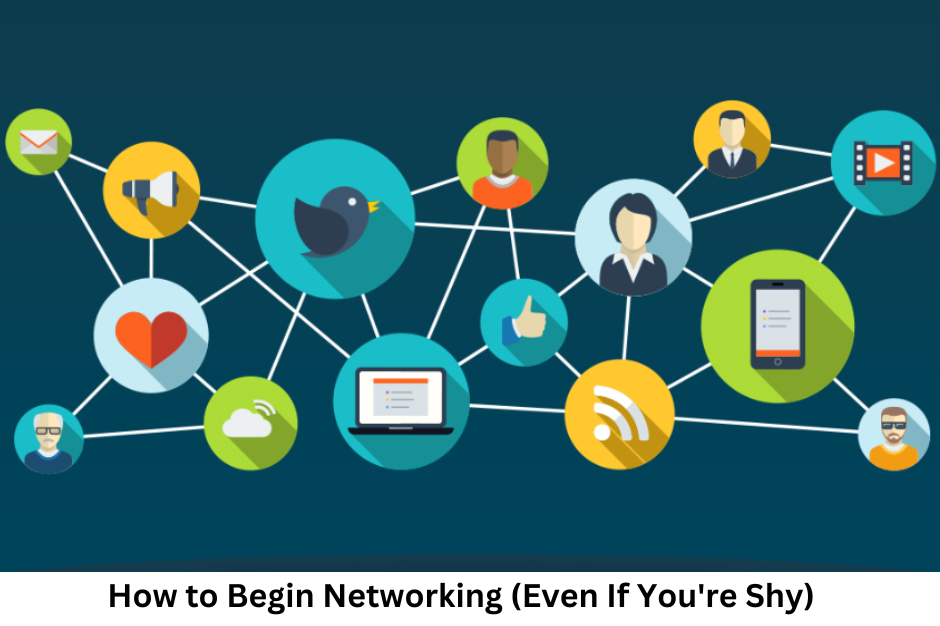When you are job hunting, particularly in more competitive fields like healthcare, it’s simple to put all of your energy into refining your CV, scanning the job listings, and sending out thousands of applications. Naturally, all of those are the correct steps, but there is one very valuable resource that most job hunters do not even think twice about: networking.
Networking is not the preserve of corporate suits or high-fliers; it’s available to all. Creating good professional contacts is found to lead to more doors opening than an over-specified CV can ever manage. Let’s examine why networking is important and how you can begin to take advantage of it.
1. Most Jobs Aren’t Advertised

You may be aware of the “hidden job market”-this is a job that’s filled through word of mouth, internal hiring, or referrals before it ever reaches the web. Up to 70% of jobs are filled using these methods, studies say. That’s an astronomical percentage of jobs you could miss if you’re searching only through job boards.
By networking, you are more likely to hear about such opportunities in advance or even have someone recommend you who works for the company.
2. People Hire People, Not Just CVs

While qualifications and experience are important, employers also want someone who fits the team culture and can be trusted. When someone in your network refers you, it adds credibility. You’re not just a name on a screen—you’re a person with a connection. This personal touch can fast-track your application or even create an opportunity where none existed.
3. Get Industry Insights First-Hand

Speaking with individuals who are already positioned in your desired role or sector provides you with insider information you can’t obtain from Google. Who do employers need? What do they want? How do things operate for a particular organization? These types of discussions can assist you in customizing your strategy and demonstrate that you are educated and interested.
4. Increase Your Confidence and Communication Skills

Networking is not only job hunting—it also builds self-confidence. The more you practice discussing your background, goals, and interests, the more at ease you’ll be selling yourself. This alone makes you a better communicator, and communication skills are needed in interviews as well as on the job.
5. Long-Term Career Development

The payoff for networking can extend well beyond your next career transition. Your network can not only help you learn more but also provide you with mentors, guide you into new industries, and even help other individuals along the way. What you build today might affect your career ten years down the road.
How to Begin Networking (Even If You’re Shy)

Need some guidance getting started? Try following these simple-to-use steps.
Use LinkedIn: Connect with colleagues, classmates, and professionals in your industry. Follow company groups, like and comment on posts, and don’t be afraid to send a message.
Attend Events: Search for job fairs, workshops, or webinars in your line of work. These are excellent opportunities to network with people who share similar interests.
Reconnect: Contact previous managers, colleagues, or teachers. A quick hello can bring about an excellent conversation.
Volunteer or Join a Professional Group: Getting involved is a great way to meet people and demonstrate your skills.
Final Thoughts
Networking isn’t about asking for favors or being overly formal—it’s about building real, authentic connections. Talking to the right people can make all the difference, whether you’re just starting or looking to make a big career move.
So next time you’re job hunting, don’t just click “Apply”—start a conversation. Your next opportunity might already be one message away.
